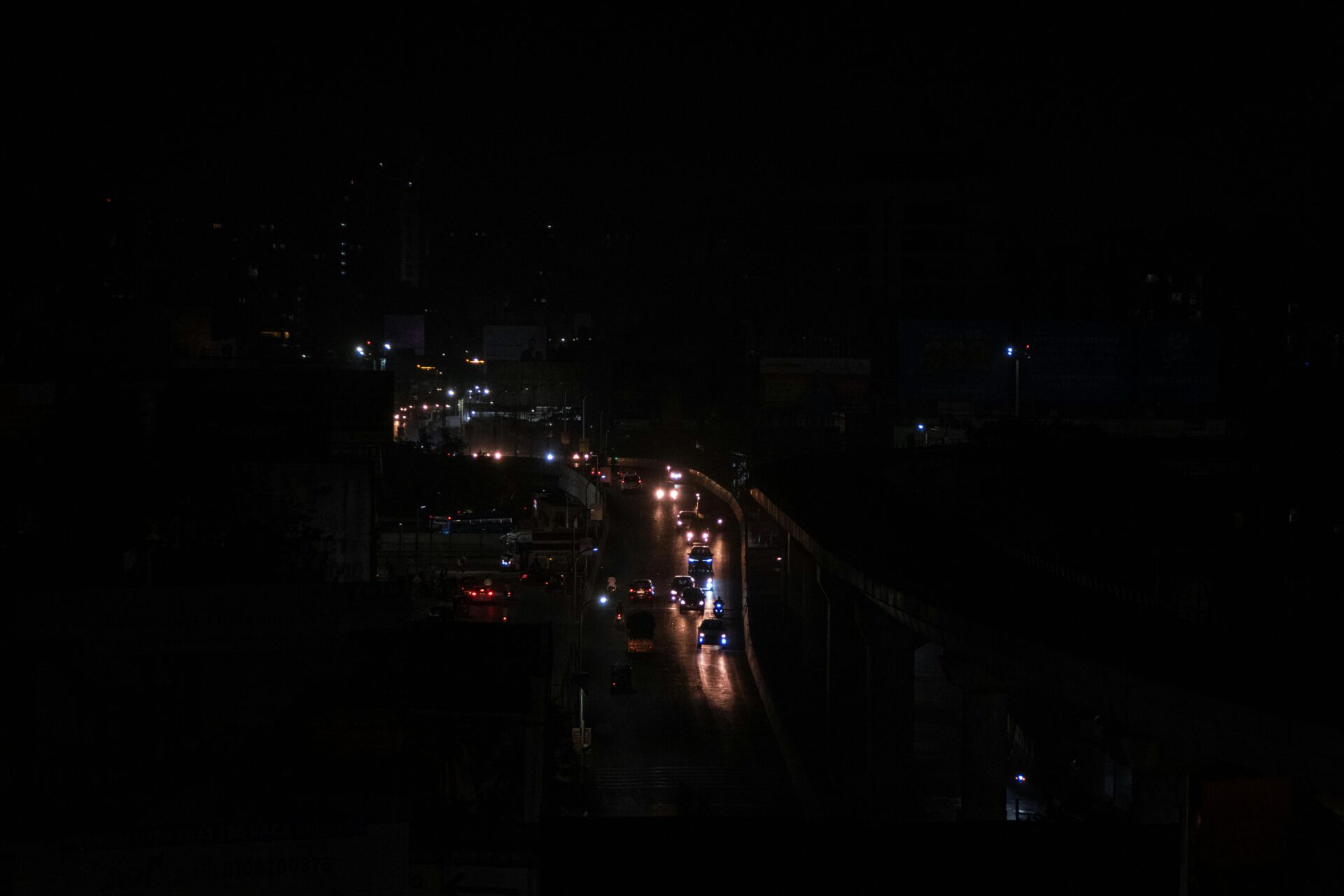Over 60 individuals were injured, some of them critically, following a drone attack in central Israel last Sunday in one of the deadliest incidents in a year of conflict. The strike was claimed by the Lebanon-based militant group Hezbollah, which stated it had targeted a military camp as revenge for two Israeli attacks in Beirut which resulted in the deaths of 22 people.
Such a high number of casualties is unusual considering Israel’s sophisticated air-defense systems which are typically effective in mitigating the effect of drones or missiles. Reports emerged indicating two drones were launched from Lebanon; however, the military has confirmed that one was intercepted.
Details surrounding any military personnel hurt during the strike in Binyamina city remain unclear, as do the specific areas affected. Nor has Israel’s military disclosed any further information, though it has been confirmed that at least 115 rockets were fired from Lebanon.
This event marks the second in two days where a drone has attacked Israel. A suburb of Tel Aviv was hit on the previous day, during the Jewish holiday of Yom Kippur, causing some damage but no reported injuries.
As tensions escalate, Israel is now in conflict with both Hamas in Gaza and Hezbollah in Lebanon—both of which are supported by Iran. It is widely anticipated that Israel will retaliate against Iran for a missile attack earlier in the month, though details of how or when remain undisclosed.
In an attempt to bolster its missile protection, the US announced it would be sending a new air-defense system to Israel, along with the necessary troops to operate it, on the same day as the latest strike. However, an official timeline has not been made available.
Within this context, Israel’s Prime Minister Benjamin Netanyahu urged the United Nations Interim Force in Lebanon, known as UNIFIL, to evacuate, accusing them of “providing a human shield” to Hezbollah. Netanyahu’s complaints about injuries to UNIFIL soldiers being regrettable but preventable if they were to leave the danger zone followed increased international criticism over repeated Israeli forces attacks on U.N. peacekeepers. There have been five instances of peacekeepers being wounded in recent attacks, with most of those strikes attributed to Israeli forces.
The Israeli military justified the attacks, claiming that Hezbollah operatives were stationed nearby the peacekeepers, though they failed to provide any evidence to support the allegation.
Moving away from the political sphere, the ongoing conflict has wreaked havoc on the civilian landscape. In Lebanon’s southern city of Nabatiyeh, Israeli airstrikes have destroyed an Ottoman-era market dating back to 1910, killing at least one person and wounding four. Fires burnt in 12 residential buildings and 40 shops within the market area.
In the northern region of Gaza, airstrikes remain a regular occurrence. Israeli air and ground forces have committed frequent attacks against Jabaliya, a heavily populated refugee camp dating back to the establishment of Israel in 1948. The return of Israeli forces to areas like Jabaliya has seen mass evacuations, with approximately 400,000 people remaining in the north after the first wave of departures.
To compound the devastation, the United Nations has confirmed that no food has entered northern Gaza since October 1. International humanitarian organization, the Red Cross, reported the second strike destroyed a Lebanese family’s home and caused a concussion and other damages to four paramedics and two ambulances providing aid.
The war commenced following a Hamas-led attack a year ago, which saw around 1,200 deaths, mainly civilians, and approximately 250 kidnappings. Close to 100 of these kidnap victims remain captive in Gaza, and it’s believed a third of them have died.
Since the onset of the conflict, Israel’s bombardment and its invasion of Gaza has resulted in the deaths of over 42,000 Palestinians. The combat operations have inflicted severe damage on the territory, prompting significant international concerns and growing calls for peaceful resolution.



